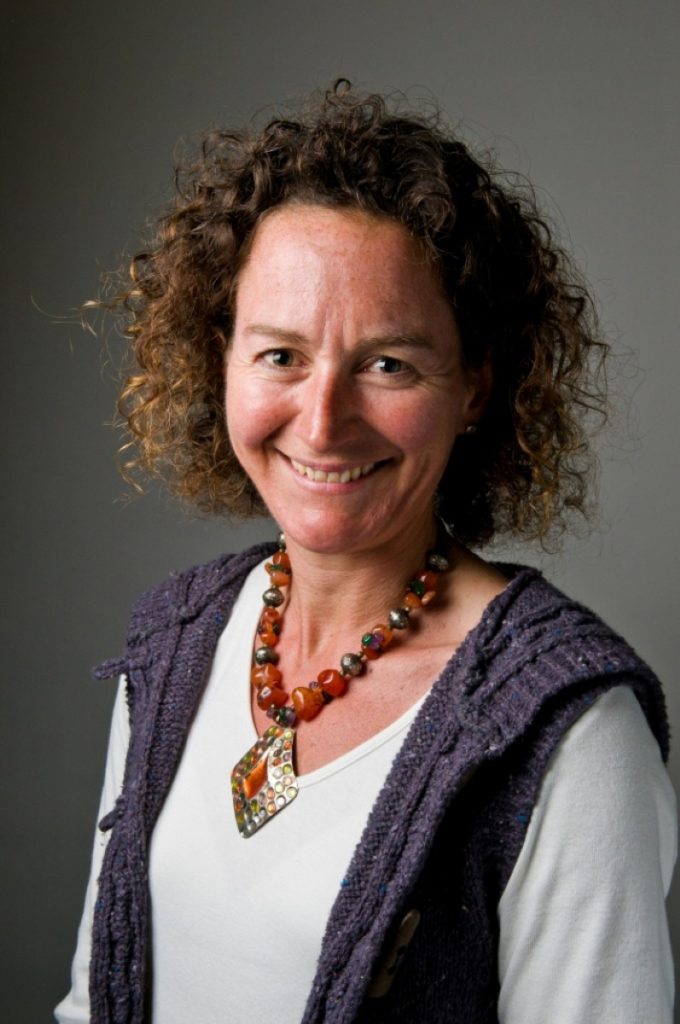Comment: The case for independent abortion counselling
Too often vulnerable women are left on a conveyor belt toward abortion.
By Philippa Taylor
Many people assume that women considering abortion have access to independent information and advice. In fact there is no legal guarantee that they do. Where counselling is available, it is often given by the same private providers that carry out abortions and gain financially from them.
How can women really be sure that they are getting independent information and advice when the counselling comes from organisations that rely heavily on charging the NHS for each abortion they carry out, and who have a vested financial interest in promoting abortion? This obvious conflict of interest is much like a pension provider giving pension advice. As Rt Hon Frank Field MP says: "In the huge scandal of pension mis-selling, parliament quite rightly took the decision to separate advice from the process of selling. We wish, quite simply, for this basic principle to be applied to the provision of NHS abortions."


Frank Field and Nadine Dorries have together put down amendments concerning the provision of independent information for women considering an abortion, which will be debated on Tuesday. But before accusations fly about forcing women to have counselling, or creating delays in the process, or even stopping women from having abortions if they want one, it needs to be reiterated that these amendments simply aim to make sure that women know about, and have access to, independent counselling if they want it. Despite fear-mongering in some parts of the media, there would be no compulsory counselling and no prevention of abortions for those who want them, but simply the opportunity for women to be able to access counselling that is not tied up with the abortion industry.
At the moment, vulnerable women too often find themselves on a conveyor belt that leads inexorably towards abortion, with little or no opportunity or time to consider other options, or to be fully informed of any of the risks associated with abortion. In fact, almost zero counselling is available for any woman presenting at her GP practice with a crisis pregnancy, let alone independent counselling.
This has to change. The drive to make abortion swift and easily accessible has meant that many women enter the process confused, without proper information, and unaware of any physical or mental health consequences. With uncanny timing, this week the prestigious British Journal of Psychiatry has published the findings of one of the largest reviews of its kind on abortion and mental health, which shows that women who have had abortion face nearly double the risk of mental health problems when compared with women who delivered a pregnancy (the risk being more than one and a half times greater even than when delivering an unintended pregnancy) and that 10% of all mental health problems are directly linked to abortion.
Of course this does not suggest that all women will face mental health problems post-abortion but what it does tell us is that some women do, and that if we regard informed consent as at all important (or even a 'right'), women need to be informed of the risks they might face. In fact, doctors have a duty to inform them.
At the moment however, the conveyor belt towards abortion does not stop and make time or provision for information on such risks.
So the amendments tabled to the health and social care bill aim to do two things. First, GPs would be required to ensure that woman considering abortion have access to proper advice, information and counselling. Second, they would guarantee that those who provide help do not have a vested financial interest in providing abortion. In other words, this would remove the financial conflict where private abortion clinics currently provide both NHS counselling and abortions. Instead, advice, support and counselling would be available to women via their GP practice, in their own community, before they visit the abortion clinic.
There are still unanswered questions about how to ensure that counselling is truly independent, and who will provide it, but for now there is an urgent need to support moves that will start the process towards this provision. At the heart of the debate is a woman's right to be able to make a genuinely informed choice. This should be based on impartial, accurate, independent information and advice on all the options open to her. Isn't that what being truly pro-choice should mean?
Philippa Taylor is head of public policy at the Christian Medical Fellowship.
The opinions in politics.co.uk's Comment and Analysis section are those of the author and are no reflection of the views of the website or its owners.









